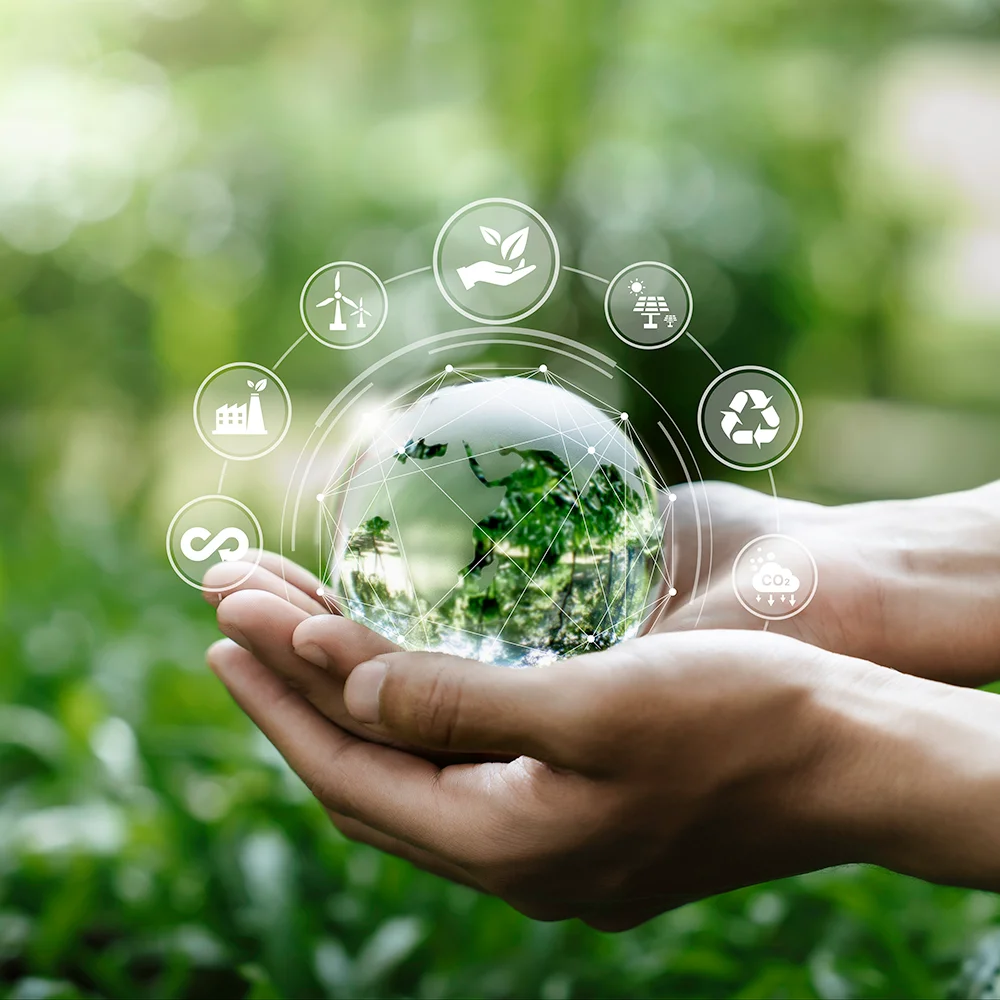Workplace Safety Consulting & Ergonomics Services
Professional Services for Safer Workplaces
QP3 ErgoSystems delivers workplace safety, ergonomic, and risk management consulting services for offices, industrial facilities, hospitality, and remote teams — helping clients protect people, reduce injuries, and strengthen compliance.
Complete Workplace Safety Consulting Services

Ergonomics
Our Ergonomics team includes Certified Professional and Industrial Ergonomists (CPEs and CIEs) and other consultants skilled in Ergonomics assessments. Ergonomics services include on-site assessments for manufacturing, hospitality, healthcare, transportation, distribution & logistics, construction, processing, services, and other industries. We also offer onsite-only, customized, and flexible full-length Effective Industrial Ergonomics™ course and office ergonomics offerings, including remote video workstation assessments, onsite training, and personal workstation assessments. We also offer customized stretching and analyses of physical job demands.
Property Protection
Our highly qualified and responsive team of experts helps clients address their property protection, life safety, and property conservation needs, from simple to complex operations. We can help in nearly all exposure areas, including HPR, builders’ natural hazards, construction fire insurance ratings, site security, disaster planning, and sprinkler system plan reviews.
We work on-site with your architects and engineers to provide a consistent approach.



Safety
Our safety consultants are available onsite for clients of all types and sizes, including processing, manufacturing, hospitality, travel, and retail. We are experts in developing site-specific EHS programs, including hazardous materials management, required regulatory training programs, behavior-based safety programs, and government compliance, including ergonomics standards in Minnesota and California.
Environmental
QP3’s capabilities now include environmental consulting. We excel at conducting thorough environmental audits, obtaining and managing permits, and maintaining compliance with federal, state, and local regulations in various industries, such as manufacturing, biotech, food and feed, oil and gas, and utilities.
Newly available services to assist our clients and business partners include
-
Environmental Gap Assessments
-
Waste Water, ISO 14001
-
Hazardous Materials
-
P2 Plans
-
Stormwater Pollution Prevention Plans (SWPPP)
-
Spill Prevention, Control, & Countermeasure (SPCC) Plans
-
Toxic Release Inventory (TRI) Reporting
-
Tier II Chemical Reporting, Air Permitting
-
Hazardous Waste Management


Sustainability
QP3 ErgoSystems Believes in Sustainability
Waste stream sustainability is a process that aims to reduce the amount of waste disposed of, keeping materials in use for as long as possible. We minimize the environmental, social, and economic impacts of waste management.
Waste streams can be categorized into materials, such as metals and glass; products, such as electronic waste and packaging; and liquids, such as water or other liquids, used in manufacturing and processing.
